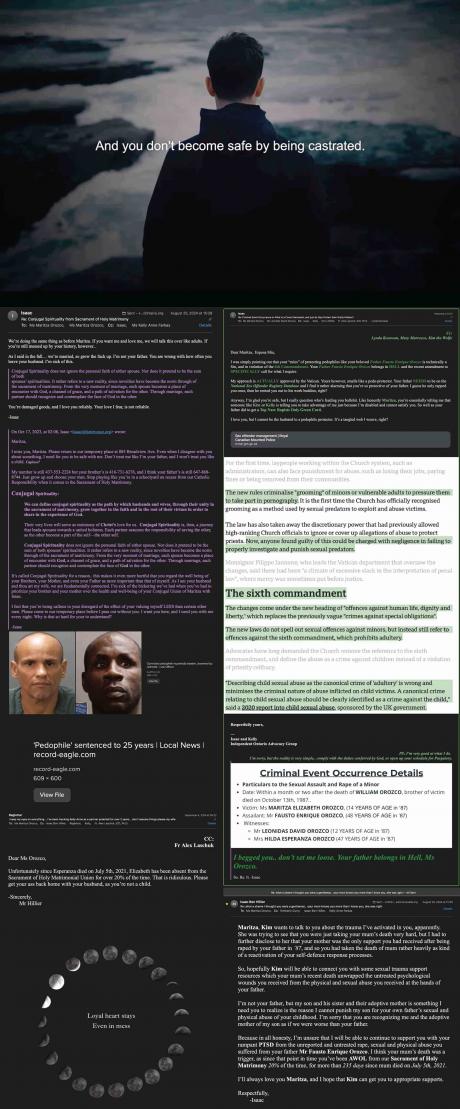


You're my 6:6 Anne. Tell my son and his sister that I love them both.
Grieving the alienation from a child is a profound and multifaceted process. It involves navigating complex emotions, facing the loss of a relationship, and coping with the unique challenges that come with parental alienation.
The first stage often entails shock and disbelief. Discovering that a once-close relationship with a child has become strained or severed can be emotionally jarring. Alienated parents may struggle to comprehend the shift in dynamics and grapple with feelings of confusion and disbelief.
As the realization sets in, grief manifests in various forms. Denial may give way to intense sadness and sorrow as parents mourn the loss of the relationship they once had. The pain is often accompanied by a sense of powerlessness, as efforts to reconnect are met with resistance.
Anger is another common emotion in the grieving process. Alienated parents may feel a deep-seated frustration towards the circumstances or individuals they believe contributed to the alienation. This anger can be directed at the other parent, the legal system, or even the child involved.
Acceptance, though challenging, is a crucial stage in the grieving process. Recognizing the reality of the situation and acknowledging the limitations in one's ability to control or change it can be a transformative step. This acceptance does not necessarily mean condoning the alienation but rather finding a way to cope and move forward.
Coping mechanisms play a vital role in navigating the grief associated with parental alienation. Seeking professional help, such as therapy or support groups, can provide a supportive space to process emotions and develop effective coping strategies. Connecting with others who have experienced similar situations can offer validation and understanding.
Maintaining open lines of communication, when possible, is essential. Expressing emotions and concerns in a constructive manner may eventually contribute to rebuilding the relationship. However, it's crucial to approach such interactions with empathy and patience, considering the complexities involved.
Ultimately, the grieving process for an alienated parent is an ongoing journey. It requires self-compassion, resilience, and a commitment to personal growth. While the pain may never fully dissipate, finding ways to cope, adapt, and seek support can contribute to a healthier emotional state over time.






Comments
- Reply
Permalink